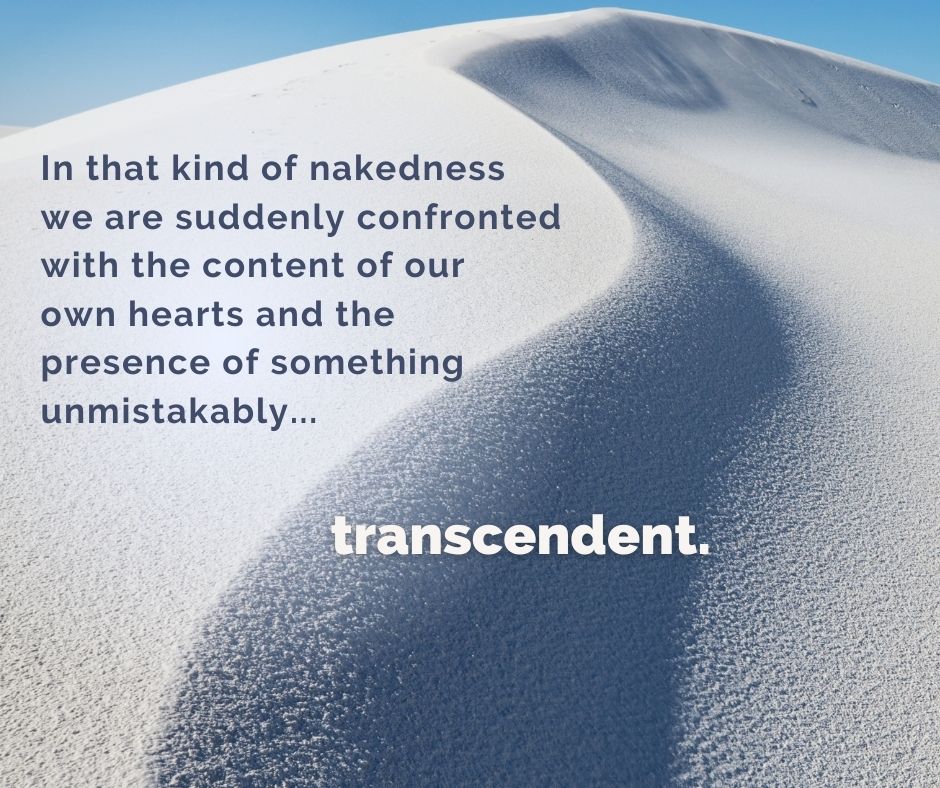Was John the Baptist a Heathen?

John the Baptist is usually caricatured as a street preacher wearing some apocalyptic sandwich board in Jerusalem’s city square. In fact, the man steered clear of streets and city squares. “John the baptizer appeared in the wilderness,” Mark’s gospel says, “preaching a baptism of repentance for the forgiveness of sins.” He wasn’t on the street corner. “And there went out to him all the country of Judea, and all the people of Jerusalem” (1:4-5). People left downtown and poured into the desert.
This is why the mainstream religious leaders despised John. He was a hick preacher who worked outside the temple structure and culture. He wasn’t baptizing people, we might say, in the silver baptismal font. He was doing it in the muddy river. And temple attendance was dwindling. Giving was down. None of those baptisms were recorded in the temple register.
It may help to think of John as a heathen. That word comes from the Old English hæð or heath, “untilled land, tract of wasteland.” It was a derogatory term for country folk who didn’t come to church. Some have suggested that “heathen” was what the citified religious people called those who prayed among the heather (which often grew on the heath).
In every age there is, thank God, a prophet who calls us away from the beautiful sanctuary, the soaring spire, the robed choir or the praise band good enough for its own Spotify channel, the baptism that comes with a certificate, the dazzling preacher as entertainer. There comes a prophet who invites us into desert space. Here all that is stripped away. It’s just you and the rocks and scrub bushes, the wind in your ears, the sun in your face. In that kind of nakedness we are suddenly confronted with the content of our own hearts and the presence of something unmistakably transcendent.
There is still a place for the church. Jesus was always in the temple. But John’s prophecy simply asks, How long since you stood naked in the desert? How long since you prayed among the heather?
I stand in the desert (not naked but stripped down) once a year to get a good look “under the hood.” The desert is magical. I also love me some good hillbilly ministry! Strip it down!
Love that–so true–that desert rendezvous is so important to your life and health.
Amen, Matt! And amen, David!
Your reflections conjure two memories- worhipping with congregations in the mountains of Haiti and participating in one of Trey Wilson’s forest therapy sessions. They both invite full presence in the moment.
I’ve not worshiped in the mountains of Haiti, but I have gone with Trey into the woods–and that was a spiritual revelation.
I’ve always believed that being outdoors in the countryside brings to everyone a better sense of personal reality, especially on clear winter nights where, looking outward into the sky, the immensity of the universe calms the soul and allows one to see things in their proper proportion. I imagine that John the Baptist must have felt the same way pondering on all of the thoughts bubbling up in his mind as he led his simple, stripped down life in the desert. T.E. Lawrence of The Seven Pillars of Wisdom fame spoke eloquently in his autobiography of the many prophets that emerged from such circumstances, a few of whom continue to live vividly today in religious texts .